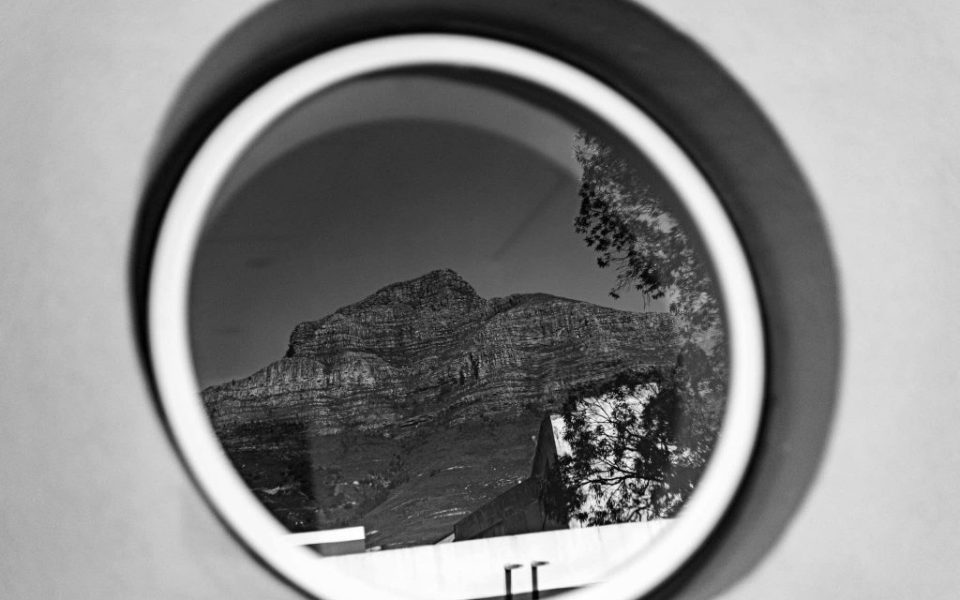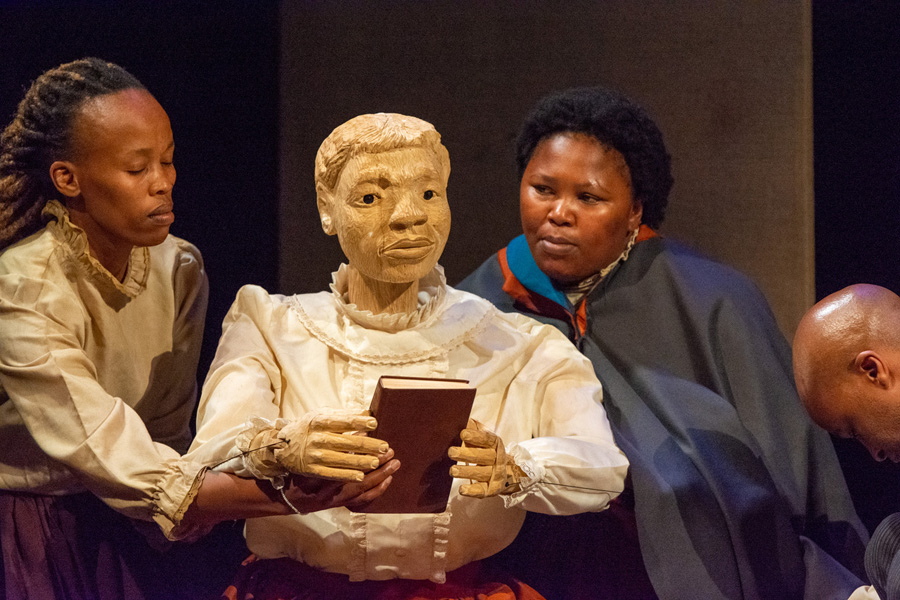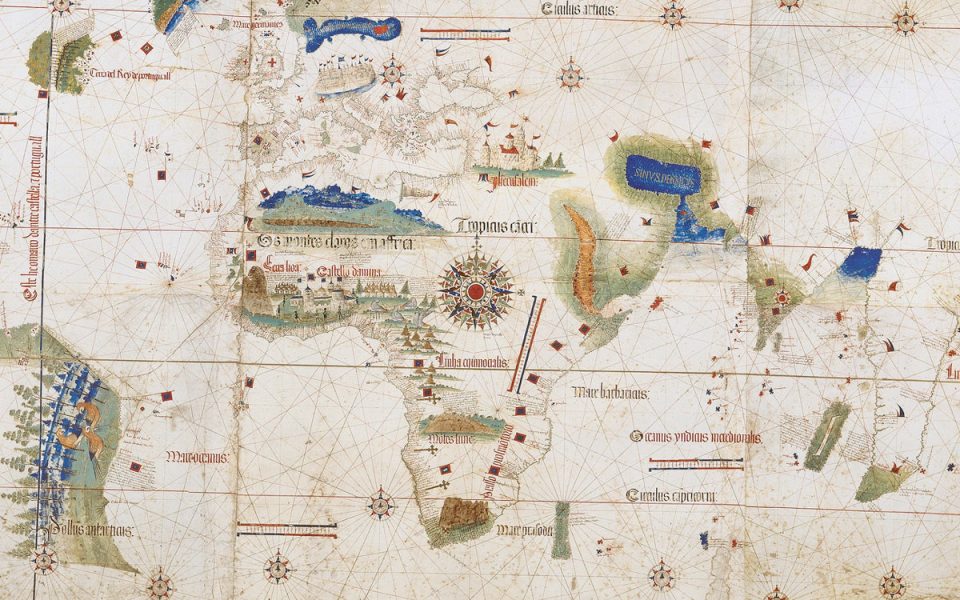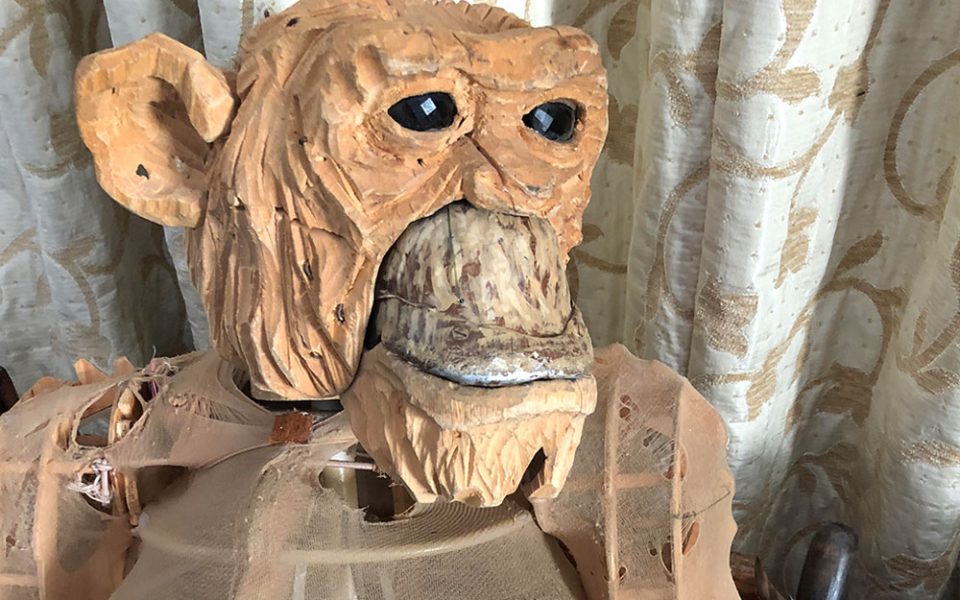February 19, 2025
The British Academy/National Research Foundation UK-SA Bilateral Digital humanities chair in culture and technics, held by Professor Premesh Lalu in the Centre for Humanities Research (CHR), convenes an international study network that traces how the exercise of power relates to the co-evolution of the human and technology.







